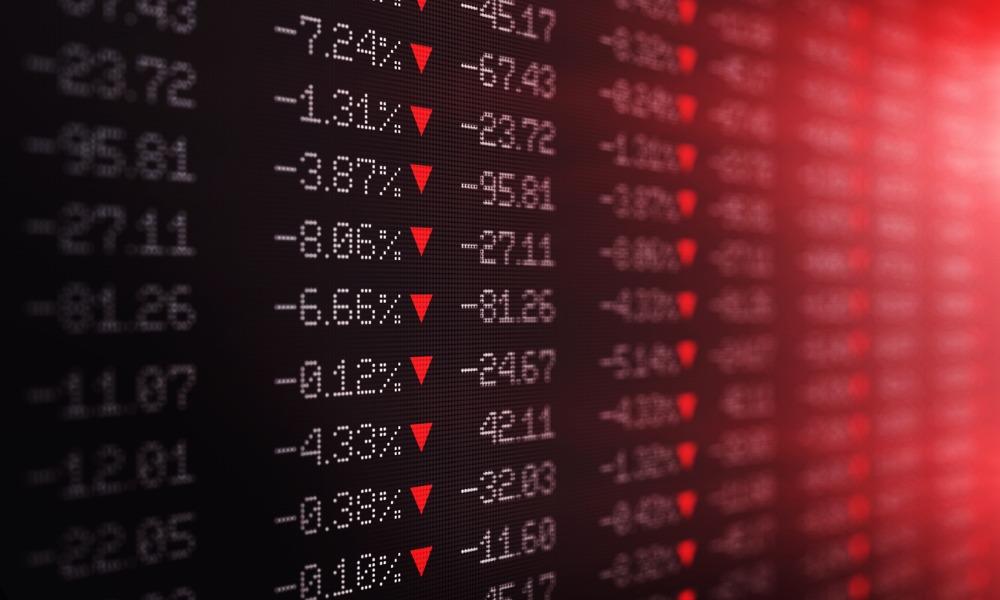Report highlights the oversized impact on emerging and developing economies and warns of long-term damage without more assistance

As 2020 began, Canadian investors and advisors were bullish on the outlook for emerging markets (EMs).
A survey published in January by Horizons ETFs showed a 63% bullishness score among advisors and 48% among investors. But the past few months has left emerging and developing economies at high risk.
This week, the World Bank has called for urgent action to avoid long-term damage to these economies and take steps to blunt the impact of the COVID-19 pandemic.
The organization says that comprehensive policies are required to boost long-term growth, including improved governance and business environments, and expanding and improving the results of investment in education and public health.
The long-term resilience of EMs will require systems that retain more human and physical capital.
“Current estimates show that 60 million people could be pushed into extreme poverty in 2020. These estimates are likely to rise further, with the reopening of advanced economies the primary determinant,” said World Bank Group President David Malpass. “Policy choices made today – including greater debt transparency to invite new investment, faster advances in digital connectivity, and a major expansion of cash safety nets for the poor – will help limit the damage and build a stronger recovery.”
Oil-price collapse
With many EM countries suffering from inequality and weak health systems, the global response to help bolster their economies will be crucial. This is especially true for those that rely on export of commodities.
“Oil-exporting emerging and developing economies entered the current crisis with eroded fiscal positions after having drawn on them to weather the 2014-16 oil price drop. In addition to the unprecedented public health crisis, these economies are now experiencing sharp economic downturns as their export revenues nosedive,” said Ayhan Kose, Director of the World Bank’s Prospects Group. “Even if oil prices rise as global oil demand recovers, the recent plunge in prices is another reminder for oil-exporting countries of the urgency to continue with reforms to diversify their economies.”
Concerns about lower investment and weakened global trade are likely to exacerbate vulnerabilities for emerging and developing markets.
Financial transparency
The World Bank says that enhancing transparency in financial commitments and investment would help rebuild confidence and facilitate investment growth.
“When the pandemic struck, many emerging and developing economies were already vulnerable due to record-high debt levels and much weaker growth. Combined with structural bottlenecks, this will amplify the long-term damage of deep recessions associated with the pandemic,” said Ceyla Pazarbasioglu, World Bank Group Vice President for Equitable Growth, Finance and Institutions.“Urgent measures are needed to limit the damage, rebuild the economy, and make growth more robust, resilient and sustainable.”



